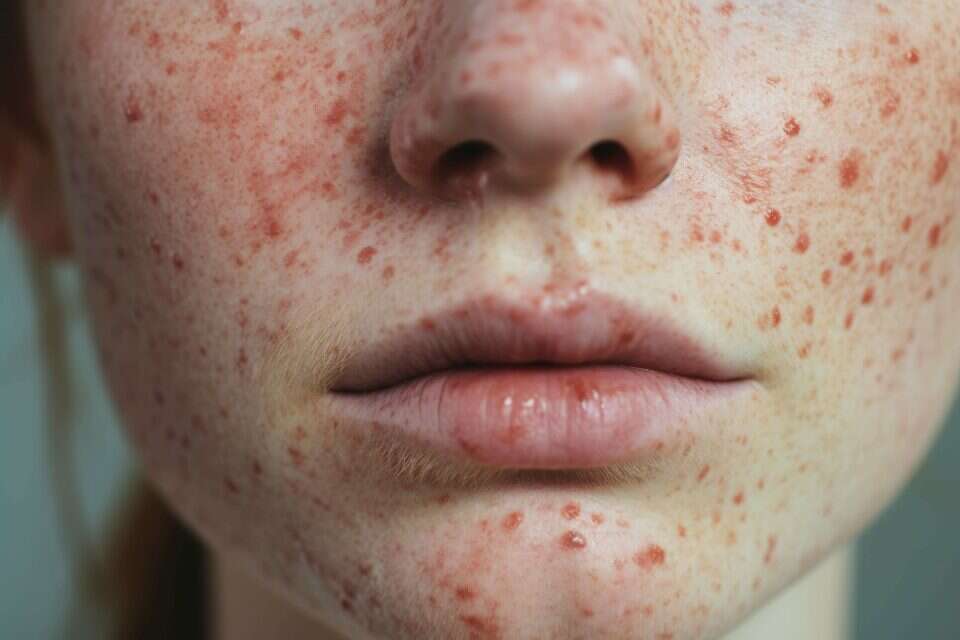Juliet Roffo
08/20/2020 - 15:52
- Clarín.com
- Society
"There is an information war against our country. We ask you not to politicize the development of the vaccine (against the coronavirus) because the more we have in the world, the better it will be for all humanity ." Kirill Dmitriev, director of the Sovereign Investment Fund of Russia, said this Thursday in a virtual press conference from that country in which Clarín participated .
In that same conference, Dmitriev assured that from next week Russia will launch a test of its vaccine that will reach about 40,000 people . "Mass vaccination will begin in our country in September and between November and December we will be able to export it," he said. There were no details regarding which countries could be a priority in this export.
The Russian vaccine, it was specified in the press conference, would involve two doses applied 21 days apart . The president of that country, Vladimir Putin, announced on August 11 that Russia had developed the first vaccine against the coronavirus. It was quickly known that the formula had been dubbed "Sputnik V", no less than the Soviet satellite that arrived before any American attempt to space in the middle of the Cold War.
As soon as that announcement was made, health authorities from different countries and regional blocks of the world - and also the World Health Organization - warned that Russia had not carried out phase 3 of the trials planned for the development of vaccines : it is the An instance that involves testing in a large sample of people if the formula is indeed effective in preventing the spread of coronavirus.
"There is no phase 3 in Russian law . From a legal point of view, these are studies that are carried out after the vaccine was registered," added the head of the sovereign wealth fund in reference to the massive test that will begin the week next, and assured that it could be considered "equivalent to phase 3". Voluntary vaccination of risk groups will also begin next week, including health and education workers.
A scientist at the National Center for Epidemiology and Microbiology Nikolai Gamaleya works on the production of the vaccine in Moscow. Photo: EFE
Brazil, Cuba, India and North Korea are countries that, according to Dmitriev, have the necessary capacity to produce the vaccine. At the same time, the United Arab Emirates, the Philippines and Saudi Arabia could host clinical trials, and Brazil and India could also join.
Denis Logunov is scientific director of the Gamaleya Research Institute of Epidemiology and Microbiology, the state entity that spearheads the development of the vaccine. As he said at the press conference, a government decree headed by Putin is the one that allows to start applying the vaccines to risk groups while the tests are being carried out in a representative number of people.
"We first tested the vaccine on animals, including two groups of primates, and we found a high level of safety. We also saw the defensive activity of the formula: the primates were protected. When we applied it to people we saw that the side effects were a little headache and pain at the application site, "Logunov described.
"The work with adenovirus has been greatly improved in recent years. The most advanced trials for the coronavirus vaccine work with adenovirus, which hurts to be highly effective in providing answers, and without dangers," said Alexander Gintsburg, director of the Gamaleya Institute. . The vaccine in which Russia is working uses human adenovirus , while that of the University of Oxford and the AstraZeneca laboratory, which will be produced in Argentina, uses chimpanzee adenovirus.
According to the head of the sovereign investment fund, "the human adenovirus gave a very strong response in historical studies, while the chimpanzee virus does not know if it has collateral effects that could be carcinogenic or affect fertility ."
Dmitriev argued that two doses may be more efficient than one dose in terms of long-term immunity. To account for this, he cited results not from the Russian vaccine but from AstraZeneca: "Those who received a second dose developed immunity four times higher than those who only received the first," he said.
The Russian initiative, on the Sputnik vaccine website, now emphasizes the greater safety of using human adenovirus compared to that obtained from chimpanzees. As stated there, the human has been used in large-scale studies for 17 years and was used to develop three vaccines against Ebola, while it was used for 2 oncological treatments , while the chimpanzee would not have been used for any of these chores.
It is striking that that same site highlights that there are four clinical studies based on the use of human adenovirus that have already completed phase 3, while none of those that use chimpanzee adenovirus have already completed that instance. Phase 3 that the world - and the WHO - demand of the Russian vaccine and that, according to the authority that decided to invest in the project, is not indicated by the law of their country.
$








